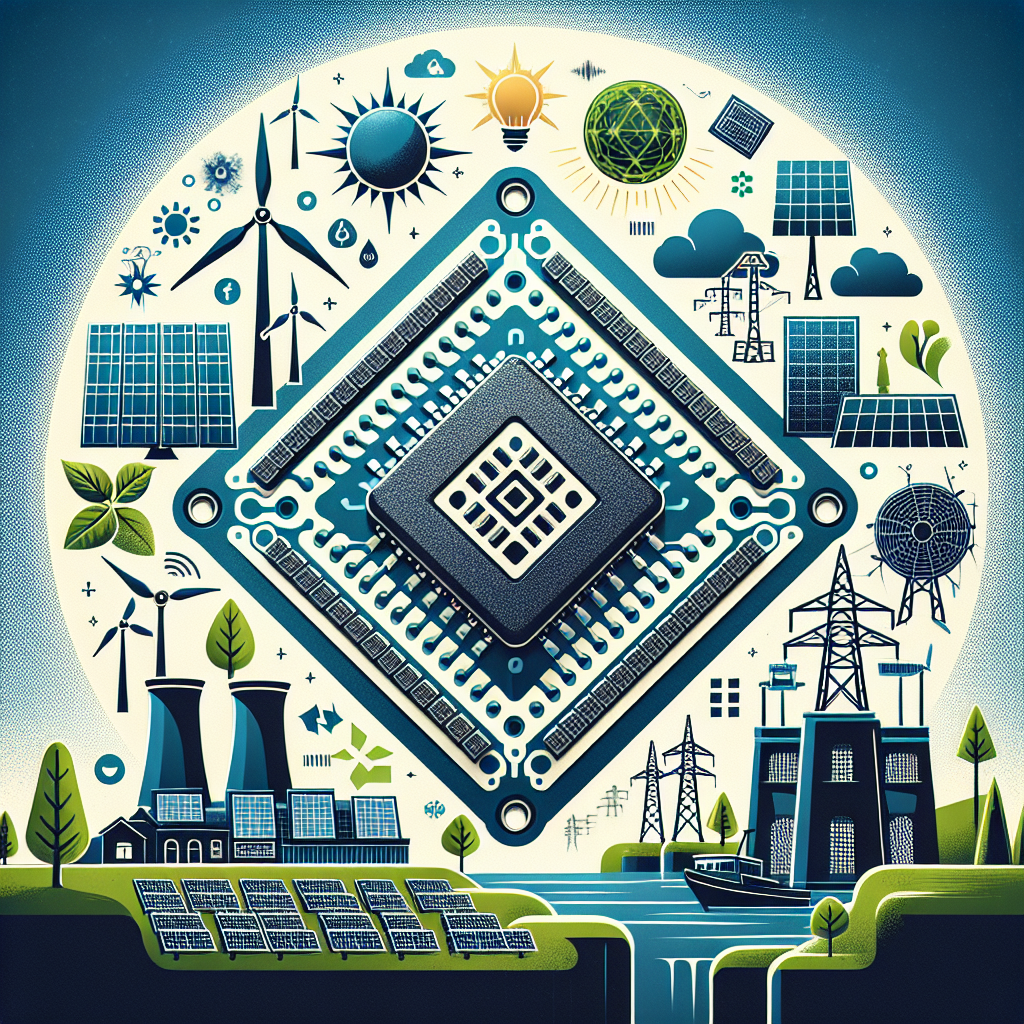Semiconductors have played a crucial role in revolutionizing renewable energy technologies. These tiny devices are essential components in solar panels, wind turbines, and energy storage systems, among other applications. By harnessing the power of semiconductors, we are able to generate clean and sustainable energy in a more efficient and cost-effective manner.
Solar panels, for example, rely on semiconductors to convert sunlight into electricity. When sunlight hits the semiconductor material in the solar cells, it creates an electric current. This process, known as the photovoltaic effect, allows us to harness the power of the sun and convert it into usable energy. Semiconductors have greatly improved the efficiency of solar panels, making them a viable alternative to traditional fossil fuels.
Semiconductors are also used in wind turbines to control and optimize the flow of electricity generated by the spinning blades. By using semiconductor-based power electronics, wind turbines can convert the variable and unpredictable wind energy into a steady and reliable power source. This technology has helped to make wind energy more competitive with traditional power sources.
Energy storage systems, such as batteries, also rely on semiconductors to store and release energy efficiently. Semiconductors are used in the control and management of battery systems, allowing for optimal charging and discharging cycles. This technology is essential for integrating renewable energy sources into the grid and ensuring a stable and reliable supply of electricity.
Overall, semiconductors have revolutionized renewable energy technologies by improving efficiency, reducing costs, and increasing reliability. As we continue to transition towards a more sustainable energy future, semiconductors will play a crucial role in driving innovation and advancing renewable energy technologies. By harnessing the power of semiconductors, we can create a cleaner and more sustainable world for future generations.

Leave a Reply
You must be logged in to post a comment.